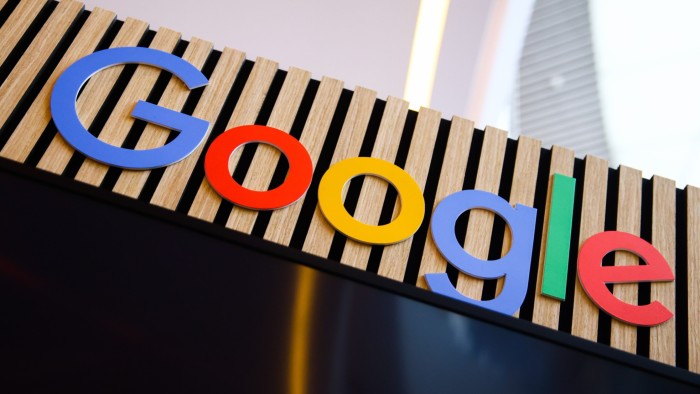Unlock the Editor’s Digest for free
Roula Khalaf, Editor of the FT, selects her favourite stories in this weekly newsletter.
Google’s parent company Alphabet will spend at least $500mn over the next 10 years on rebuilding its global compliance structure, under the terms of a proposed settlement with shareholders suing it for alleged antitrust violations.
The preliminary agreement follows a series of legal setbacks for the tech giant in the US. Multiple courts have found that Google has monopolised the search, advertising and Android app markets. The US government has pushed for the potential break-up of Google.
The settlement, which was filed in a California federal court on Friday but still requires approval from the judge in the case, would lead to Google establishing a standalone committee within its board tasked with overseeing regulatory issues.
A new body made up of senior executives would meanwhile report directly to chief executive Sundar Pichai, assisted by another group consisting of product managers and internal compliance experts.
This will be accompanied by an overhaul of Alphabet’s policies and processes for handling risk assessment. Alphabet did not admit to any wrongdoing under the settlement.
“These reforms, rarely achieved in shareholder derivative actions, constitute a comprehensive overhaul of Alphabet’s compliance function . . . as well as prevent future compliance and antitrust problems from arising,” the court document filed on Friday says. The changes will have to stay in place for at least four years.
The case was brought against Alphabet, as well as current and former top executives, on behalf of Google shareholders by a Michigan pension fund in 2021.
It claims that Google engaged in systematic anti-competitive conduct across multiple markets, triggering significant enforcement actions that have resulted in substantial costs to the business, including reputational damage.
Google’s approach to legal and regulatory challenges has come under scrutiny in recent years as a number of antitrust cases have come to trial.
In December 2023 a California federal judge criticised Google for failing to preserve evidence in a case brought by Epic Games, after summoning the company’s chief legal officer Kent Walker to answer questions about internal policies around email and chat deletion.
The jury in that case found Google had abused its power to extract monopoly profits from the Play Store.
The US Department of Justice, which won its search monopolisation case against Google in August, similarly accused it of trying to cover up evidence. The judge in that case faulted Google for going to great lengths to “avoid creating a paper trail for regulators and litigants”.
The DoJ won another case against Google in April over its alleged monopoly in digital advertising.
The litigation threatens a break-up of Google, although the appeals process will delay any immediate impact to its business.
“Over the years, we have devoted substantial resources to building robust compliance processes,” a Google spokesperson said. “To avoid protracted litigation we’re happy to make these commitments as we continue to prioritise our compliance obligations.”
